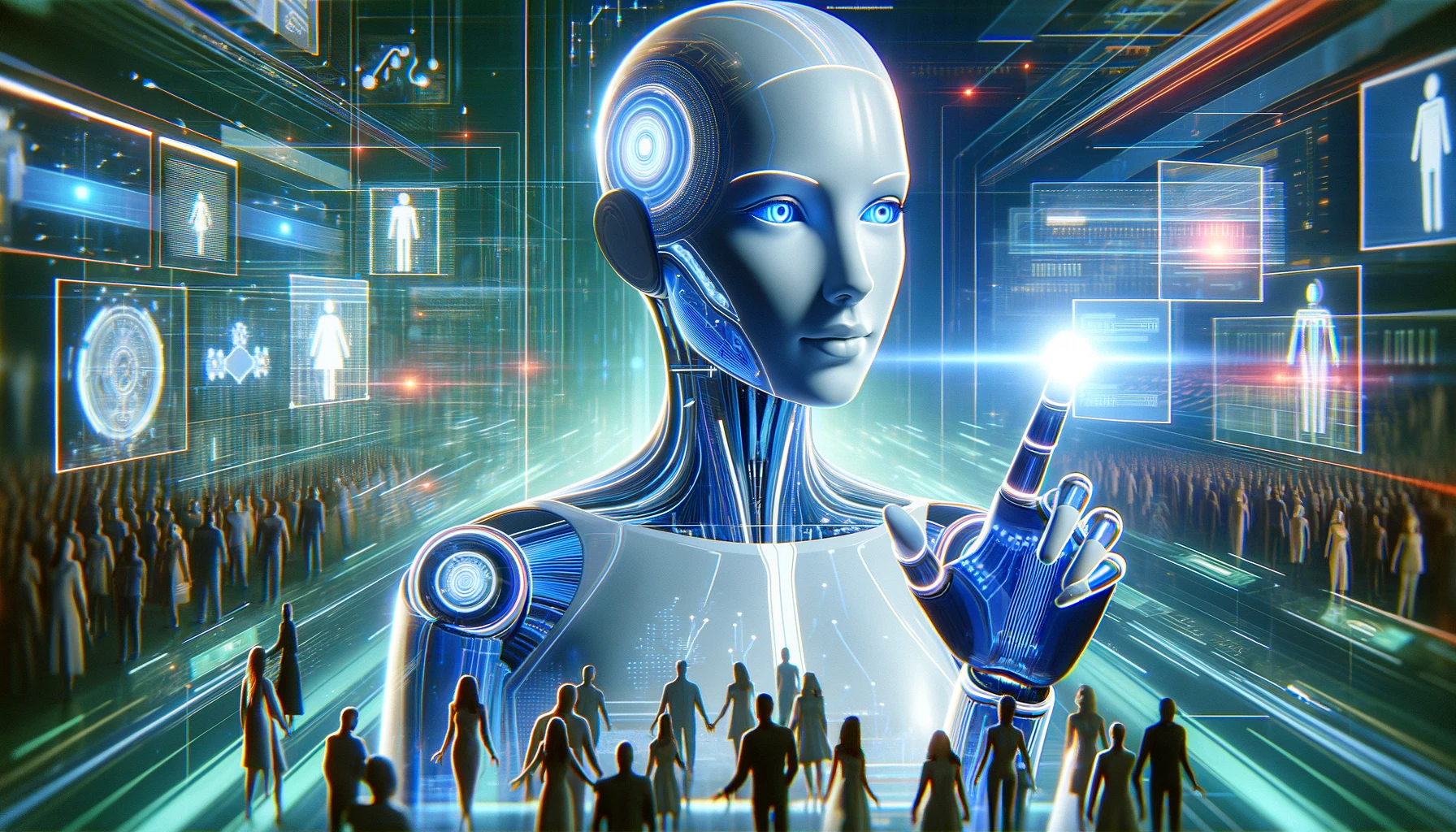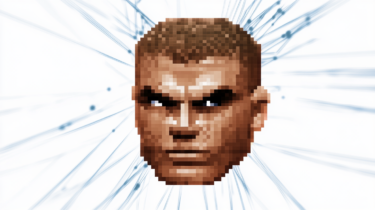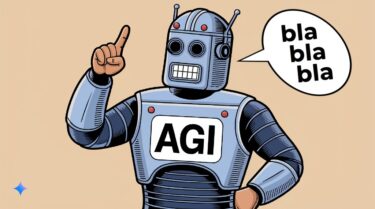Meta AI chief scientist Yann LeCun outlines a step-by-step approach to achieving general AI. According to LeCun, the development of superhuman AI will not be a sudden event, but a gradual process with several phases.
Phase 1: Learning how the world works
LeCun believes that the first step toward AGI will be to create systems that can learn how the world works, much like baby animals. These systems should be able to observe and learn from their environment, which will lay the foundation for more advanced AI capabilities.
LeCun is working on a new brain-like AI architecture that aims to overcome the limitations of current systems, such as hallucinations and logical weaknesses, by grounding them more firmly in the real world.
He sees this as a necessary step in the evolution of AI. Today's language models like GPT-4 or Gemini and their focus on textual data aren't enough, LeCun has said in the past. OpenAI CEO Sam Altman recently echoed that sentiment.
Phase 2: Objective-driven systems with guardrails
According to LeCun, the next stage of AI development will be machines that are driven by goals and operate within certain guard rails. These guard rails will ensure that AI systems remain safe and controllable while pursuing their goals.
Phase 3: Planning and reasoning
As AI systems mature, they develop the ability to plan and reason to achieve their goals and adhere to defined guardrails. This enables AI systems to make more informed decisions and take appropriate actions based on their understanding of the world.
Phase 4: Hierarchical planning
LeCun envisions that future AI systems will be able to plan hierarchically, further improving their decision-making capabilities. This should enable AI systems to handle complex tasks and problems more efficiently.
Phase 5: Increasing machine intelligence
Initially, AI systems will have an intelligence comparable to that of a mouse or a rat. However, as AI evolves, these systems will be scaled up to an intelligence level equivalent to that of a dog or a crow. During this process, guardrails will be adjusted to ensure that AI systems remain controllable and safe.
Phase 6: More training and fine-tuning
Once AI systems have reached a certain level of intelligence, they are trained in different environments and tasks. This makes them more versatile and able to handle different challenges. After this training, they are fine-tuned to excel at specific tasks.
Stage 7: Superhuman AI is here
LeCun believes that one day we will realize that the AI systems we develop are smarter than humans in almost all areas.
This does not mean that these systems will have feelings or consciousness. But they will be able to do their tasks better than humans. LeCun recently estimated that this "clearly" won't happen in the next five years.
These advanced AI systems must remain under human control, even if they are intellectually superior to humans, LeCun says.
He also recently provided a plausible argument for why this might work: AI does not have the natural drive to dominate that humans do.
Without this dominance drive, AI might willingly serve a class that is intellectually inferior to it. According to LeCun, intelligence and dominance drive have nothing to do with each other.







